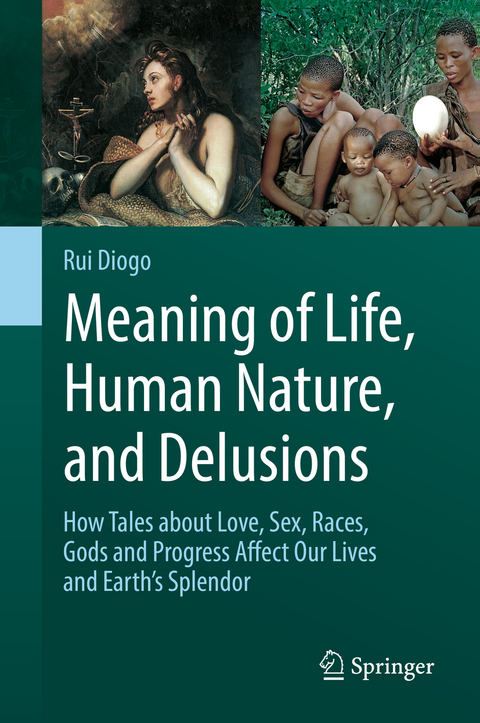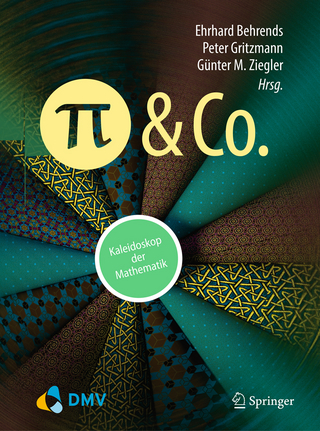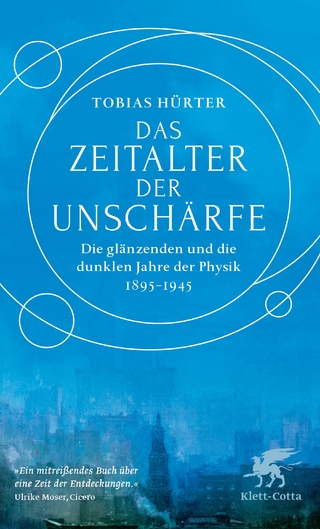
Meaning of Life, Human Nature, and Delusions
Springer International Publishing (Verlag)
978-3-319-70400-5 (ISBN)
Whatever are your beliefs, background, education, political views or interests, one thing is sure: this book will engage you, teach you something new, and more importantly make you to re-think deeply about critical aspects of your daily-life, including sex, love, food, physical activities, diseases, work and stress, and how you see and deal with other people, other animals, and the planet in general. Indeed, it focuses on topics that have fascinated people from all places and historical periods since times immemorial: Why are we here? What is the meaning of life? Are we progressing, and will we thrive? It does this by integrating in a unique fashion information from ancient Greek, Sumerian, Hindu, Jewish, Buddhist, Christian and Muslim texts to high-tech brain research, facts about near-death experiences, Covid-19, QAnon conspiracies, virtual reality and dating aps; from Adam and Eve to the rise of misogyny and racism to Black Lives Matter, Me-Too, Hollywood romantic movies andDisney fairy-tales. Contrary to notions about 'human progress' and 'Homo Deus' defended by authors such as Harari, Pinker and Dawkins, it shows that human history instead involves the repetition of similar imaginary tales created by a combination of traits found in other animals and the uniquely human obsession about 'cosmic purpose' stories related to our awareness of death's inevitability. Organized religions appeared later, chiefly during the rise of agriculture and 'civilizations'. Diogo navigates mesmerizing untold stories revealing a paradox: these events and the industrial 'revolution' increased inequality, oppression, slavery, subjugation of women, famines, plagues, 'work', stress, and suicides. Data from psychology, biology, neurobiology, and cross-cultural studies of hunter-gatherers and so-called 'developed' societies reveal an even more profound paradox: within all forms of life, the 'sapient being' is the one immersed in Neverland's world of unreality- truly a Homo irrationalis, fictus and socialis believing in fictional tales about cosmic 'duties', 'romantic meant to be', demons, inferior 'races' and 'genders', conspiracies, and 'justified' slavery, warfare, genocides, and animal abuses. Importantly, such tales play, on the other hand, crucial functions such as help coping with death and a plethora of societal troubles, decreasing stress, or preventing drug and alcohol abuse. An optimist and passionate wondered and wanderer, Diogo provides enthralling details about the history of religion, discrimination, romantic love, warfare, diseases and Earth's biodiversity illustrating how 'virtue is in the middle' and that we - with our intriguing combination of beliefs, bodily needs and desires, artistic abilities, and mismatches between our senses' illusions and the cosmos' reality - are not 'better' or 'worse' than the other millions of captivating living species. This powerful and urgently needed message has critical repercussions for how we understand, care about, and mindfully enjoy living in this splendid planet, in the reality of here and now.
Pre-publication comments:
"I applaud the enormous work that Diogo has invested in this follow-up to his widely acclaimed Evolution driven by organismal behavior book, and the challenge of getting people to think beyond and outside of our usual set of definitions and expectations. The case-studies provided in the book are fascinating and insightful" (Drew Noden, Award-winning Emeritus Professor, Cornell University)
"Rui Diogo is becoming the Slavoj Zizek of evolutionary biology" (Marcelo Sanchez-Villagra, Director of the Paleontological Institute and Museum of the University of Zurich)
Rui Diogo is a Fellow of the American Association of Anatomists, and an Associate Professor at the Howard University College of Medicine and a Resource Faculty at the Center for the Advanced Study of Hominid Paleobiology of George Washington University (US). He is the author or co-author of numerous publications, and the co-editor of the books Catfishes and Gonorynchiformes and ostariophysan interrelationships. He is the sole author or first author of the books Morphological evolution, aptations, homoplasies, constraints and evolutionary trends; The origin of higher clades; Muscles of vertebrates; Photographic and descriptive musculoskeletal atlas of Gorilla; Photographic and descriptive musculoskeletal atlas of gibbons and siamangs (Hylobates);Photographic and descriptive musculoskeletal atlas of orangutans; Photographic and descriptive musculoskeletal atlas of a baby gorilla; Photographic and descriptive musculoskeletal atlas of chimpanzees; Comparative anatomy and phylogeny of primate muscles and human evolution; Learning and understanding human anatomy and pathology: an evolutionary and developmental guide for medical students; and the new book being now published by Springer, Evolution Driven by Organismal Behavior.
Preface.- 1. A brief history of the quest for purpose in life, from the Greeks to modern times, including Darwin.- 2. How did our tendency to ask why-questions and to search for final purposes and goals evolve?.- 3. How teleology impacts our daily lives, from quests on purpose in life to religion, conspiracy theories, romantic love and "meant to be".- 4. How teleological stories are linked to racism, Freud's just-so-stories, eugenics, and the second world war.- 5. How teleological narratives and the notion of 'chain of being' are related to colonialism.- 6. How teleological plots and the notion of 'chain of being' are associated to animal abuse.- 7. It is much more than religion: idealism as a case study of a widespread teleological narrative.- 8. Don't ask why, ask how - towards an unbiased, more rational non-teleological science and a fulfilling life without purpose.- References.- Index.
| Erscheinungsdatum | 16.12.2021 |
|---|---|
| Zusatzinfo | XXI, 863 p. 120 illus., 79 illus. in color. |
| Verlagsort | Cham |
| Sprache | englisch |
| Maße | 155 x 235 mm |
| Gewicht | 1490 g |
| Themenwelt | Sachbuch/Ratgeber ► Natur / Technik ► Naturwissenschaft |
| Naturwissenschaften ► Biologie | |
| Schlagworte | Animal Abuse • Colonialism • colonialism chain of being • Eugenics • human behavior • Human behavioral evolution • Human Evolution • life purpose • Racism • Teleology • teleology racism • Why-questions |
| ISBN-10 | 3-319-70400-1 / 3319704001 |
| ISBN-13 | 978-3-319-70400-5 / 9783319704005 |
| Zustand | Neuware |
| Haben Sie eine Frage zum Produkt? |
aus dem Bereich


